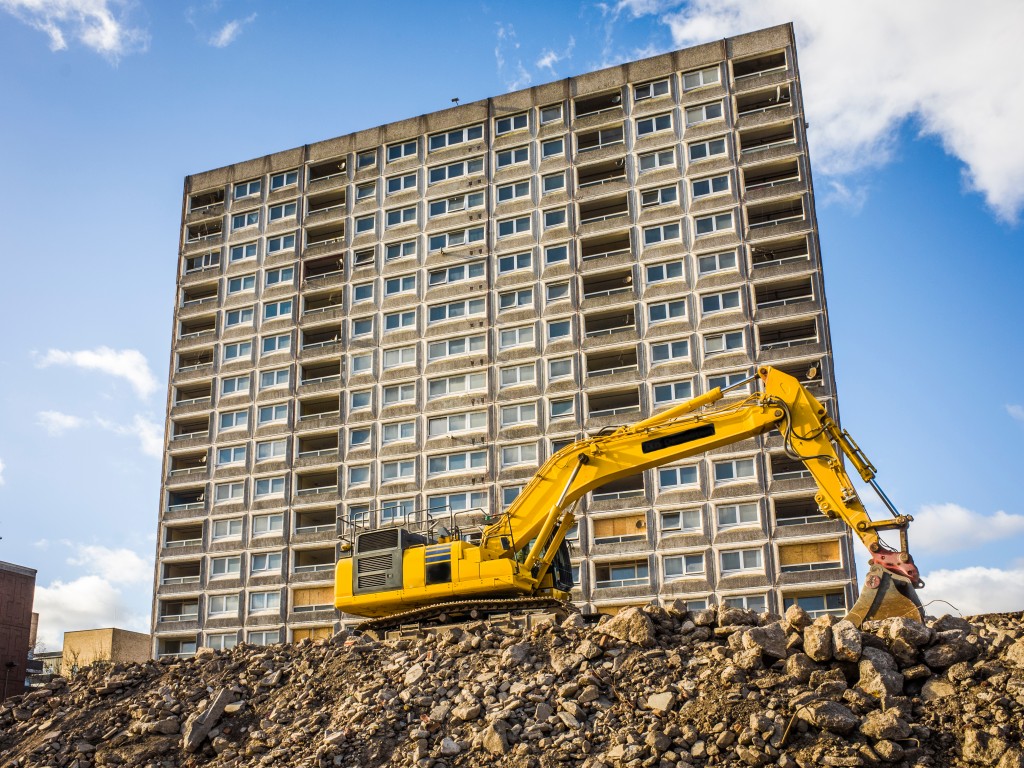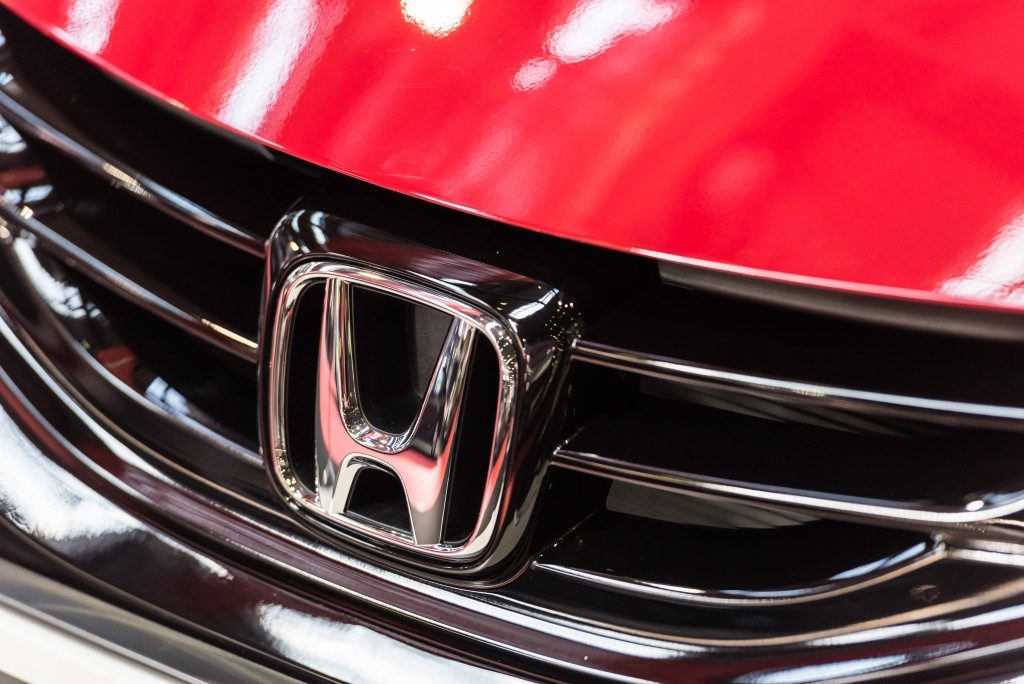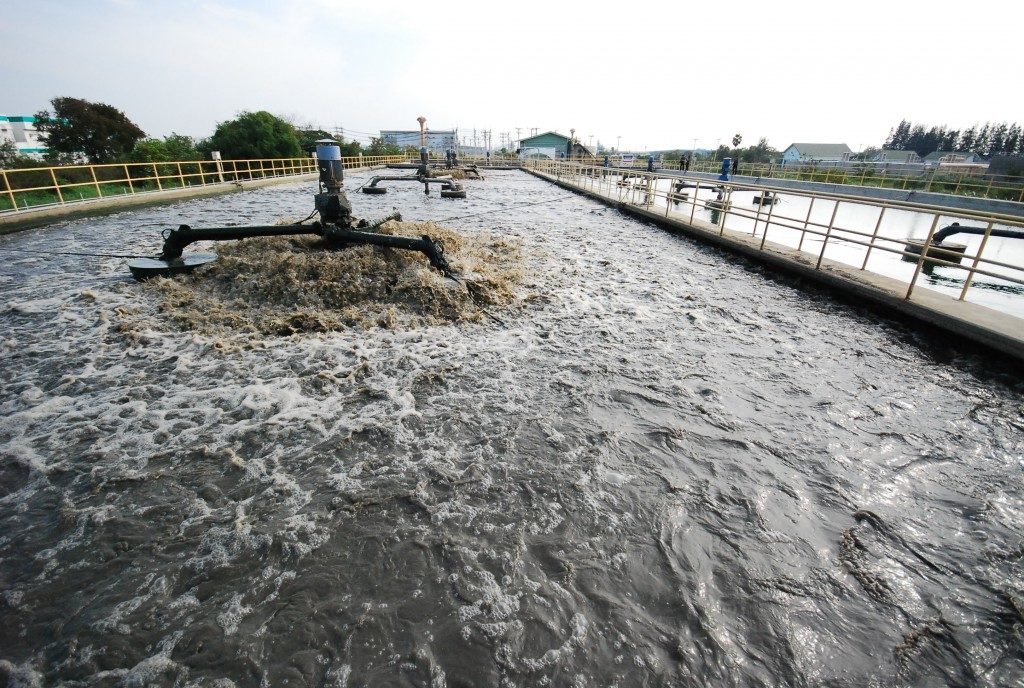If you are in a business that requires you to use heavy equipment, you might be wondering how you can get more return if investment for your expensive and heavy resources.
Whichever segment of the construction industry you come from, maintaining construction equipment can be resource-intensive Heavy equipment parts as very specialized, and despite the ongoing pandemic, and its disruptions to both the industry as a whole and to logistical chains all over the world, has continued to be in great demand.
Downtime, or time between projects due to equipment breakage, is especially damaging to a business in a year when the number of projects has gone down, and new health and safety protocols already slow down operations.
To ensure that the business and projects continue to flow without hiccups, here are some must-dos for utilizing heavy equipment:
1. Keep operational records
If you own your equipment because you use it in numerous projects, you will want to keep an accurate record of operational records to help you in many ways. First, whenever you take your heavy equipment in for maintenance, the record will help maintenance workers track the parts of the equipment.
It will help them know about the most used pieces of equipment, schedule preventive maintenance, and provide them the service they need to continue working at optimal levels. Moreover, if you have an accurate book of the uses of your equipment, you will know which equipment needs service attention and when.
2. Clean regularly
Maintaining heavy equipment in its working order takes a cleaning routine. Dust, grease, sand, and debris may build up in the parts of the heavy equipment and make them work less efficiently.
To prevent this, you would want to schedule regular cleaning sessions for each of your heavy equipment. In addition, you should also clean the area where your heavy equipment is parked when not in use.
Having people who regularly provide good cleaning services for both the parking area and the heavy equipment themselves will improve and increase the service life span of your equipment.
3. Lubricate consistently
Most, if not all machines benefit from getting consistent oiling and greasing. Engines and motors contained within and equipment used for big construction projects also require the same kind of attention. It also has parts that move consistently and work better when they are properly lubricated. Doing so mitigates the damage caused over time by wear and tear, extending your machinery’s lifespans.
By following the heavy equipment’s manufacturer guidelines, it would not be a daunting task to preserve the equipment’s working quality through regular lubrication of parts that need it.
Regularly lubricating heavy equipment does not only increase the performance of the equipment but also prolongs its lifespan. Without proper lubrication, more strain is put on the parts that need it whenever they work. This makes them prone to rusting and damage.
4. Safeguard wiring
Electrical wirings getting exposed to elements like water can cause an array of problems. What is even more alarming is that an accident with heavy equipment’s wiring can lead to a catastrophe that can claim lives.In a report by FarmingProgress.com, electrical wiring is one of the top ten causes of machine and equipment failure, particularly connectors.
Fortunately, heavy equipment manufacturers put electrical wiring protection as a priority when it comes to advising their clients. They provide guides on how to best protect the electrical wirings from exposure and how to maintain them.
5. Look for misalignments
As heavy construction equipment are put under tremendous amounts of pressure when working, they are prone to misalignments caused by objects that are heavy.
Heavy equipment that is exposed to lifting heavy objects should be regularly checked for misalignments in order to get them corrected before they turn into an even bigger problem. When left unrepaired, misalignments can cause heavy equipment to totally break.
That would require you to shell out some serious amounts of money for repair or to just pay for a new unit.
Taking proper care of things that are made to be used in extreme ways is not exactly the easiest thing to do. But taking care of them is still so much better than having them cause problems and stop businesses in the construction industry from growing.
When you rely on something to rake in the income for you, taking care of it should be at the top of your business priorities.





